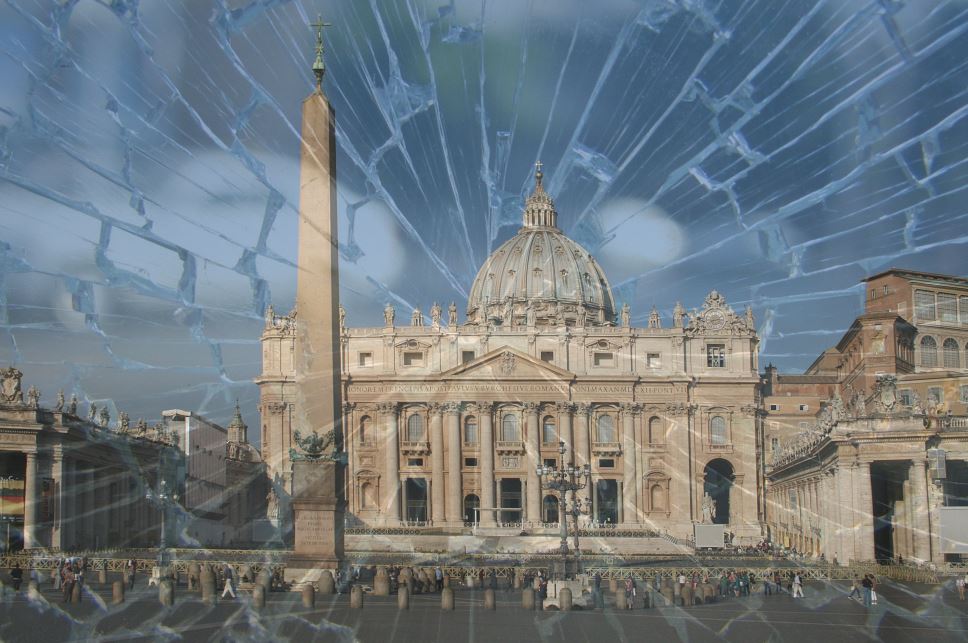Voice of the Family
(...)But this is nothing but the “dictatorship of relativism”, condemned throughout Benedict XVI’s papacy, applied to the Church: what is morally and spiritually right or wrong, in practice, must now depend upon which episcopal conference we are talking about.
Truth be told, this tacit condoning of relativism by Synod fathers and Cardinal Marx was foreshadowed by no less than Pope Francis himself who wrote, in his apostolic exhortation Evangelii Gaudium, that “a juridical status of episcopal conferences which would see them as subjects of specific attributions, including genuine doctrinal authority, has not yet been sufficiently elaborated.” (emphasis added) This observation was followed by the affirmation that “Excessive centralization, rather than proving helpful, complicates the Church’s life and her missionary outreach.” These lines are contained in paragraph 32 of his exhortation, which is headed by a call for a “conversion of the papacy”.
This seems to indicate that Pope Francis would be open to the possibility of devolving some of the doctrinal power of the papacy to the individual episcopal conferences. If this means anything, it means giving the episcopal conferences the power to adopt disciplines and even doctrines that are different from those of other conferences. Would then a “converted papacy” be one in which the pope becomes, to use Benedict’s phrase, a “dictator of relativism” enforcing the moral and spiritual relativism that reigns among the episcopal conferences? If so, the “dictatorship of relativism” would hold sway over the whole Church, shattering it into as many pieces as there are episcopal conferences in the world.
The process of dissolution would not end there, however. For as with moral relativism in society at large, spiritual and moral relativism in the church will very likely lead to a radical subjectivism, where individual “catholics”, chaffing under the constraints of their “authoritarian” episcopal conferences, will consider it right and proper to have disciplines and religious truths custom-tailored to their particular situations. Will a future Apostolic exhortation hint at a “conversion of the papacy” devolving even more of the powers of the papacy to these “oppressed” or “excluded” individuals?
Anticipating the debacle that would surely follow should episcopal conferences be endowed with doctrinal and disciplinary power, Cardinal Gerhard Müller, prefect for the Congregation for the Doctrine of the Faith, condemned the whole idea as “an absolutely anti-Catholic idea that does not respect the catholicity of the Church.” Indeed, Catholic literally means universal, as in a universal moral and spiritual code that applies equally to everyone, everywhere, for all time; it is the antithesis of relativism, which states that moral and spiritual truths are true only for some or for a specific time.
Also, Cardinal Raymond Leo Burke has recently rejected the view that local bishops or episcopal conferences could have the authority on a pastoral level to deal with moral questions, condemning the proposal as “simply contrary to Catholic Faith and life”, going on to state that “there is no change in these truths, from one place to another or from one time to another.”
Devolving power from the papacy to the episcopal conferences therefore compromises both the catholicity (universality) and unicity (one-ness) of the Church, making it a hodge-podge of “churches” all operating under their own rules and beliefs, and, ultimately, in thrall to the caprices of the individual egos that populate them.
